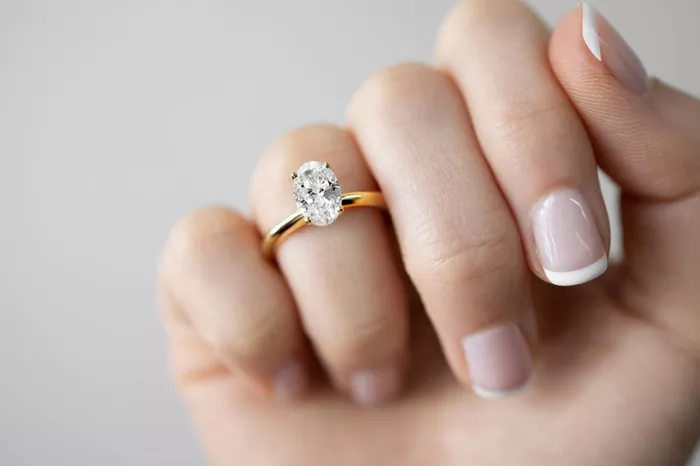The $12 billion diamond ring insurance industry is undergoing a digital revolution as blockchain technology solves age-old problems of valuation, authentication and claims processing. Leading insurers like Jewelers Mutual now issue smart contracts on the Ethereum blockchain that automatically adjust coverage based on real-time diamond price indices and can process claims in as little as 48 hours through automated verification. Each insured ring receives a digital twin—an immutable record containing its full history from origin to current ownership, including certifications, appraisals and even cleaning records.
This transparency solves what insurers call the “mystery box problem”—where paper appraisals often contain insufficient detail to properly value unique pieces. Now, a diamond’s complete characteristics (cut precision, fluorescence, even microscopic inclusions) are recorded in high-resolution 3D scans stored on decentralized networks. If a ring is lost or stolen, its digital fingerprint makes resale nearly impossible for thieves while giving law enforcement detailed tracking tools. Some policies even incorporate IoT technology, with discreet ring sensors that alert owners if left behind and notify insurers of potential loss.
The impact on fraud prevention is monumental. Insurance industry data shows fraudulent diamond ring claims dropping 72% since widespread blockchain adoption began in 2022. The technology also enables innovative new products like “appreciation policies” that automatically increase coverage as diamond values rise—particularly useful for vintage and investment-grade pieces.
Perhaps most transformative is how blockchain facilitates peer-to-peer insurance models. Startup platforms like DiamondChain allow ring owners to form insurance pools where premiums are 30-50% lower than traditional policies. Members’ smart contracts automatically pay out from pooled funds when claims are verified by the network’s consensus mechanism. This disintermediation of traditional insurers is shaking up the market, with established players racing to adopt similar technologies.
As these systems mature, they may expand beyond insurance into full asset management for diamond jewelry. Imagine rings that function like digital wallets—storing value, verifying ownership, even serving as collateral for loans. The humble diamond ring, one of humanity’s oldest status symbols, is quietly becoming one of its most technologically advanced possessions.


